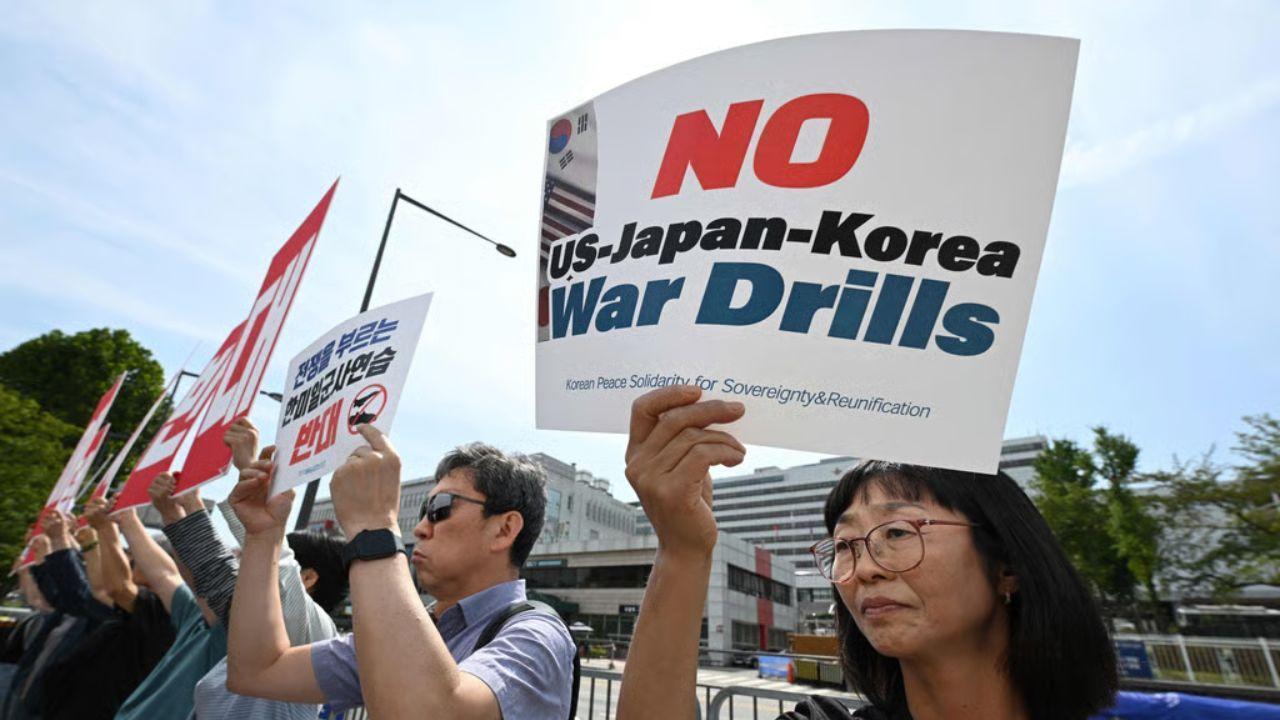
Post by :
Photo:AFP
North Korea has issued strong warnings against the ongoing military exercises conducted by South Korea, the United States, and Japan. The warnings came from two of the country’s most powerful figures – Kim Jong-un’s sister, Kim Yo-jong, and the top North Korean military official, Pak Jong-chon. Both said the drills were dangerous and suggested that Pyongyang could respond with its own military demonstrations.
Kim Yo-jong described the drills as “reckless muscle-flexing” near North Korean borders, saying that such actions could lead to “unfavourable consequences” for the countries involved. Pak Jong-chon also criticized the exercises, calling them a “nuclear war rehearsal” and warning of “serious counteractions” without giving details about what North Korea might do.
These warnings came as South Korea launched two major exercises on Monday. The first, Freedom Edge, is a joint exercise involving South Korea, the US, and Japan. It is the first time the three nations have conducted such operations since South Korean President Lee Jae-myung took office and US President Donald Trump returned to office earlier this year. Freedom Edge involves operations on land, at sea, in the air, and in cyberspace. The drills aim to strengthen coordination among the allies and improve military readiness.
The second exercise, Iron Mace, is a tabletop drill held at the US military base Camp Humphreys in South Korea. This exercise focuses on planning responses to potential nuclear attacks, with South Korean and US military planners working together to coordinate the use of US nuclear-capable assets along with South Korea’s conventional forces. Unlike Freedom Edge, Iron Mace is mostly a planning exercise, not live combat training, and officials kept it less public to avoid provoking North Korea.
Despite these drills, both Lee and Trump have said they are willing to engage in dialogue with North Korea. However, the North sees these exercises as direct threats. Experts suggest that North Korea may use these warnings to justify future military actions, such as missile tests, mock tactical nuclear drills, or demonstrations of new military technology.
Analysts believe that North Korea could carry out major weapons tests in the coming months, possibly timed to significant national events like the anniversary of its ruling party on October 10 or its congress in January. Such tests could include submarine-launched missile demonstrations, nuclear-capable missile tests, and new hypersonic weapons displays.
While North Korea wants to show its strength, experts also warn that it must balance these actions carefully. Aggressive moves could provoke a strong US response, damage relations with China, and draw international criticism during upcoming global summits such as APEC, ASEAN, G20, and NATO meetings.
In her statement, Kim Yo-jong referenced North Korea’s 2024 nuclear guidelines and warned that the continued drills by South Korea, the US, and Japan show a confrontational stance. North Korean experts say the country is likely to demand a stop to such exercises before agreeing to dialogue, viewing the drills as a barrier to peace talks and cooperation.
Experts also note that North Korea’s statements, while serious, have a relatively moderate tone. They refer to the leaders of South Korea and the US simply as “current rulers,” highlighting North Korea’s disappointment that dialogue is being promised while military drills continue.
In addition to expressing opposition to the drills, North Korea continues to develop its military capabilities. Kim Jong-un recently oversaw tests of new tanks, short-range missiles, and a new solid-fuel intercontinental ballistic missile engine. Analysts believe North Korea is trying to modernize its forces and link conventional military strength with nuclear capabilities, giving it more leverage in regional and global negotiations.
The Freedom Edge exercises have been conducted before, with previous rounds in June and November of last year, focusing on strengthening cooperation between the allies. South Korean officials emphasize that these exercises are defensive and meant to ensure regional stability.
At the same time, public opinion in South Korea is mixed. Some protesters gathered in front of the defense ministry to oppose Freedom Edge, expressing concerns that the drills could increase tensions with North Korea.
Overall, the situation highlights the delicate balance on the Korean peninsula. While South Korea and the US seek to strengthen military readiness, North Korea continues to view these measures as a direct threat to its security. Moving forward, dialogue between the countries may depend on whether military exercises are scaled back or stopped, giving room for peaceful negotiations and reducing the risk of conflict.
The current tensions underscore the ongoing challenges in maintaining peace in the region, as North Korea continues to strengthen its military, and its neighbors remain vigilant against potential threats.
North Korea, Kim Jong-un, Kim Yo-jong
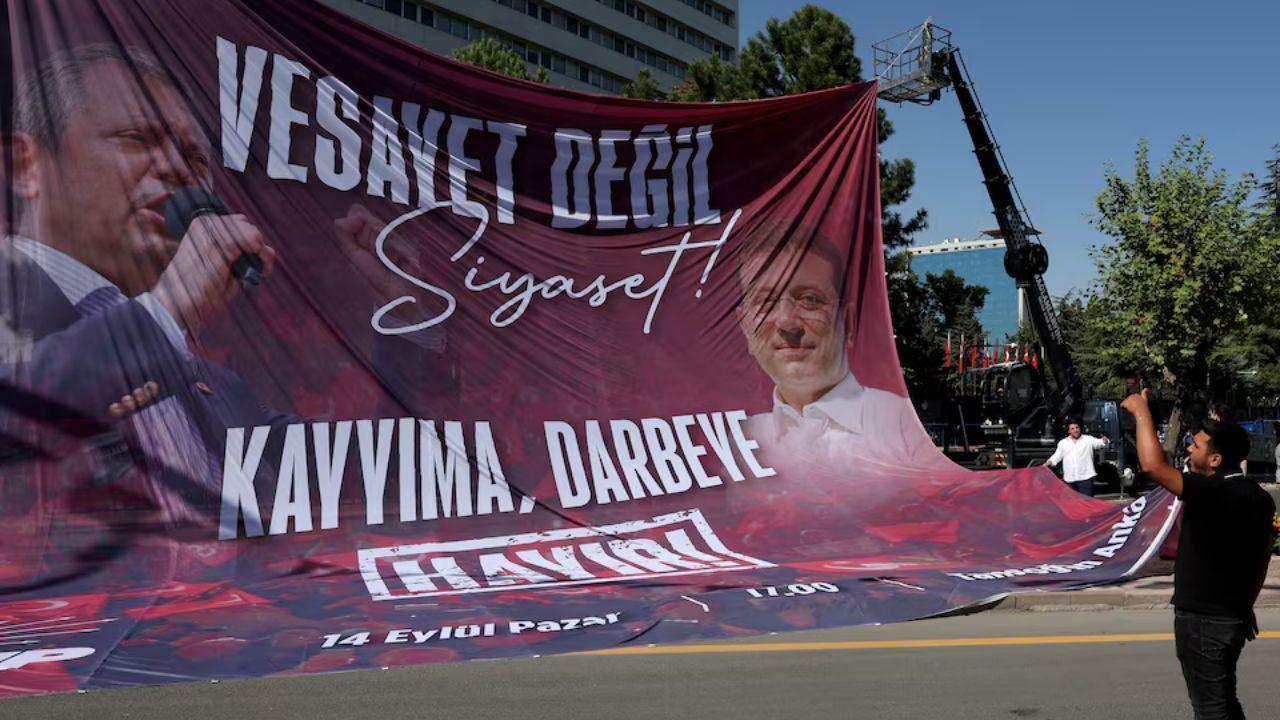

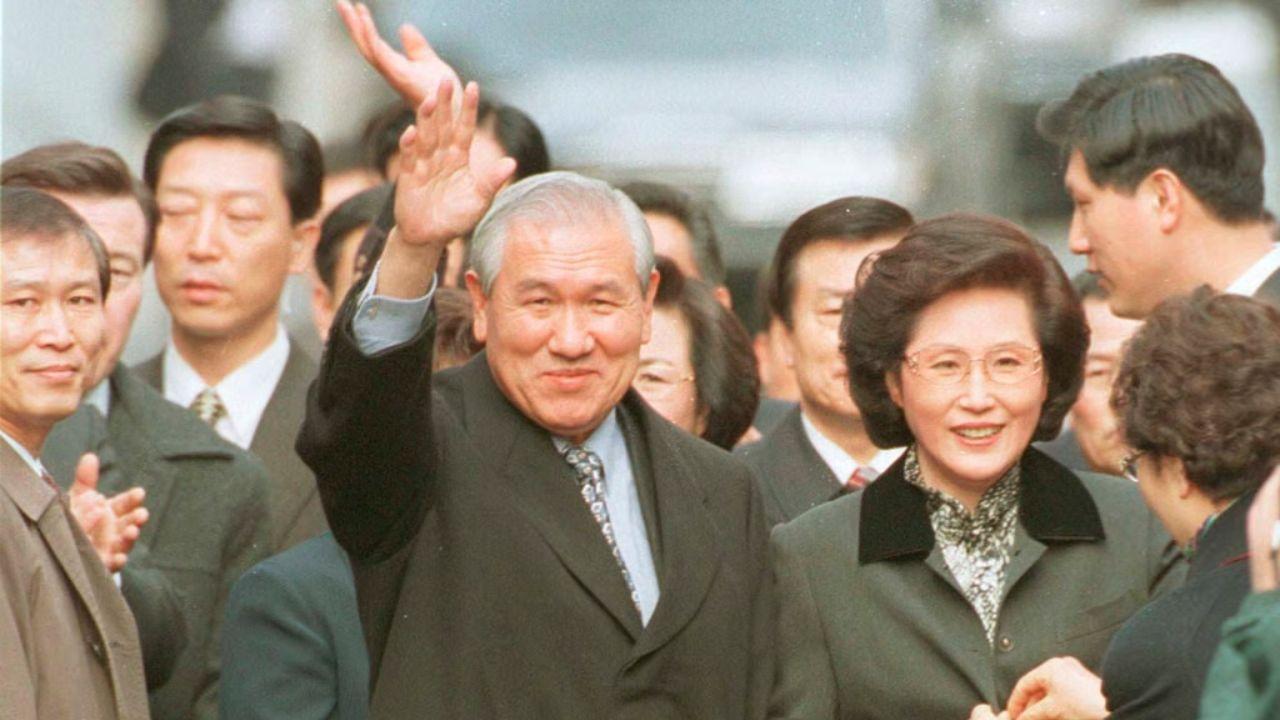

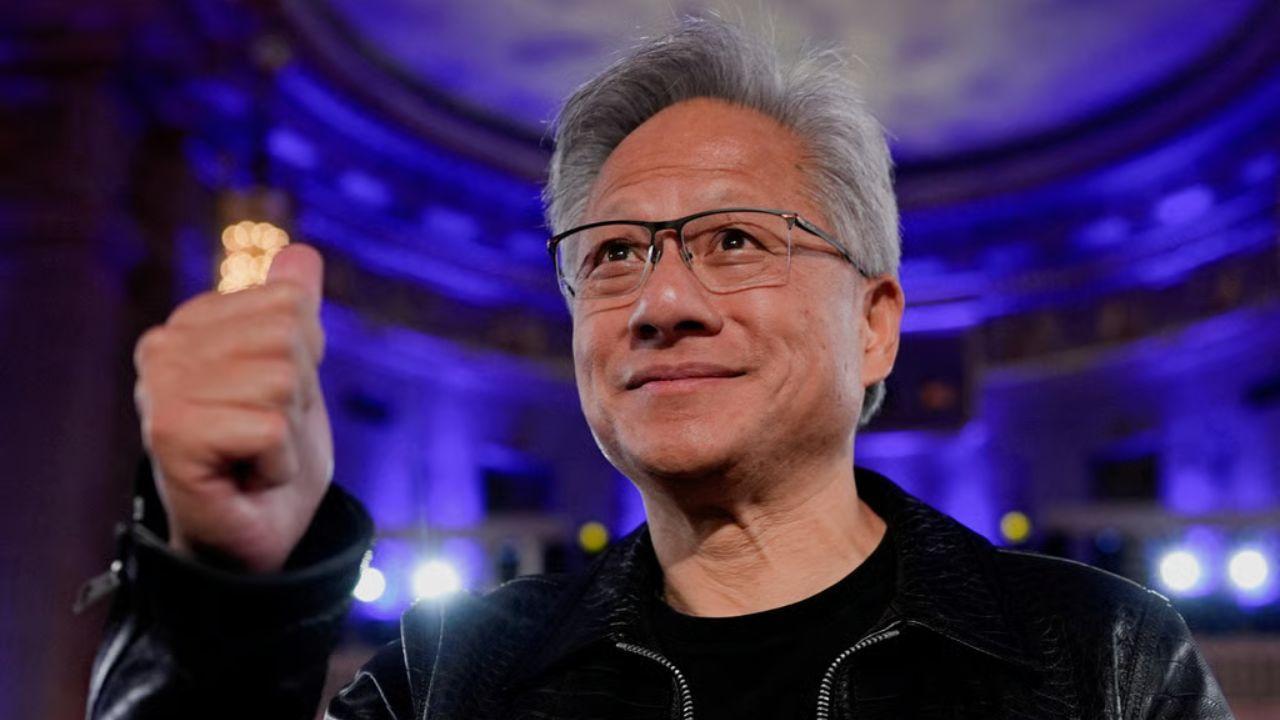
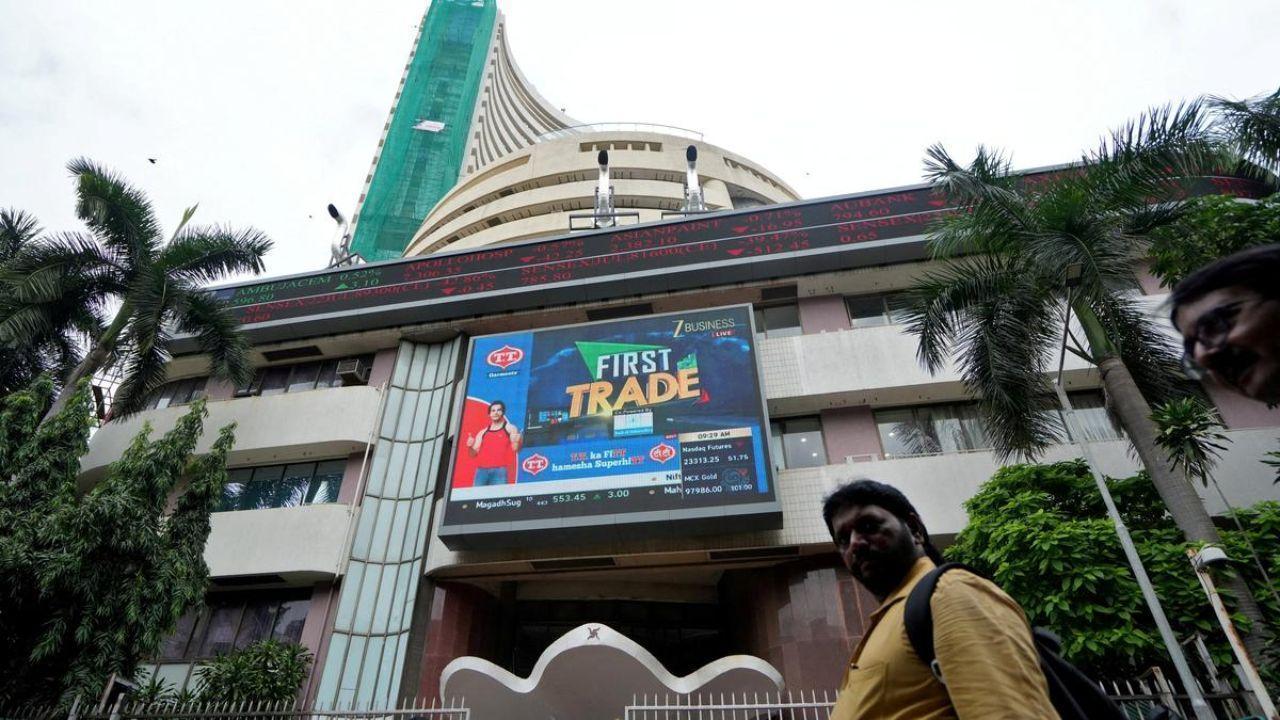


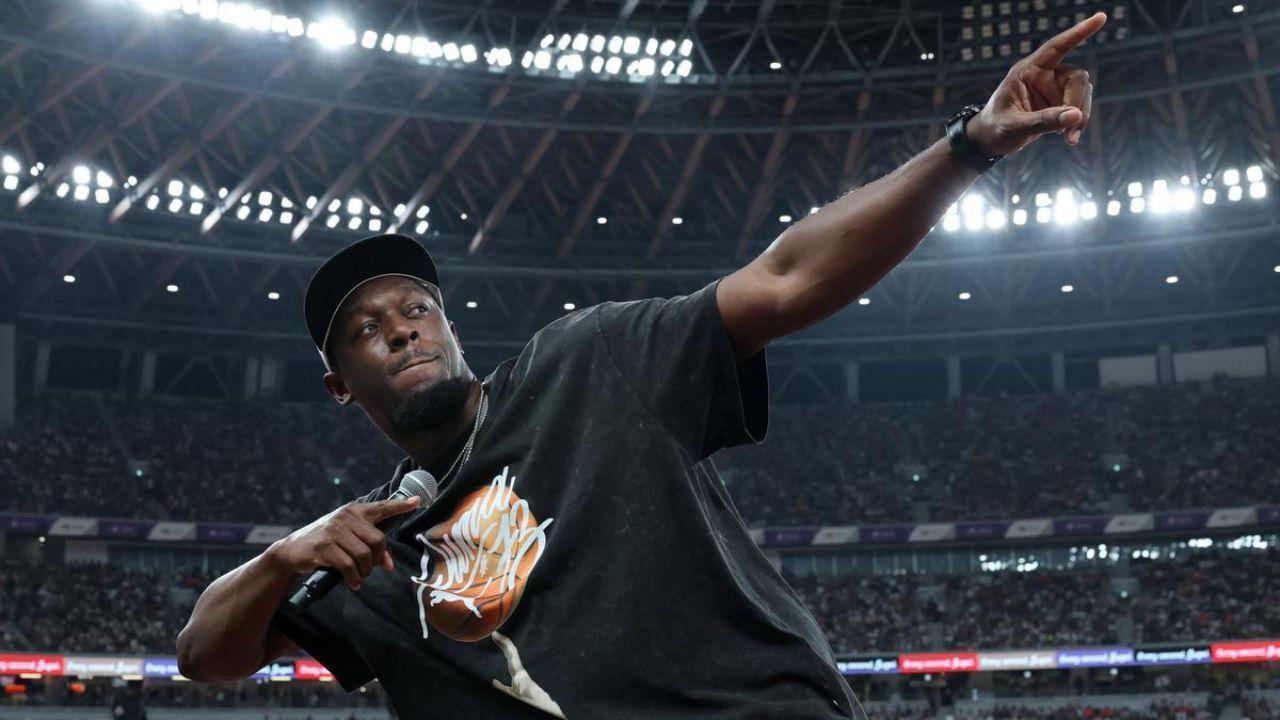

Xpeng Starts EV Production in Austria Boosting Europe Expansion
Xpeng begins assembling its electric SUVs in Austria to bypass EU tariffs, compete locally, and stre

China investigates Nvidia over antitrust law
China launches probe into Nvidia for violating antitrust law and Mellanox acquisition terms amid US-

Sensex and Nifty Show Volatile Trade Amid Profit-Taking
Indian stock markets opened higher but later became volatile, tracking global cues as investors awai

US-China Close to TikTok Deal as Trade Talks Resume in Madrid
US and China resume talks in Madrid to resolve TikTok, trade, and tariffs issues, with progress on d

Siraj and Prendergast Named ICC Players of the Month for August
India’s Siraj and Ireland’s Prendergast win ICC Player of the Month for August after outstanding per

Usain Bolt Returns to World Stage Inspires Fans and Young Sprinters
Eight years after retiring, Usain Bolt returns to world track events, inspiring fans, setting record